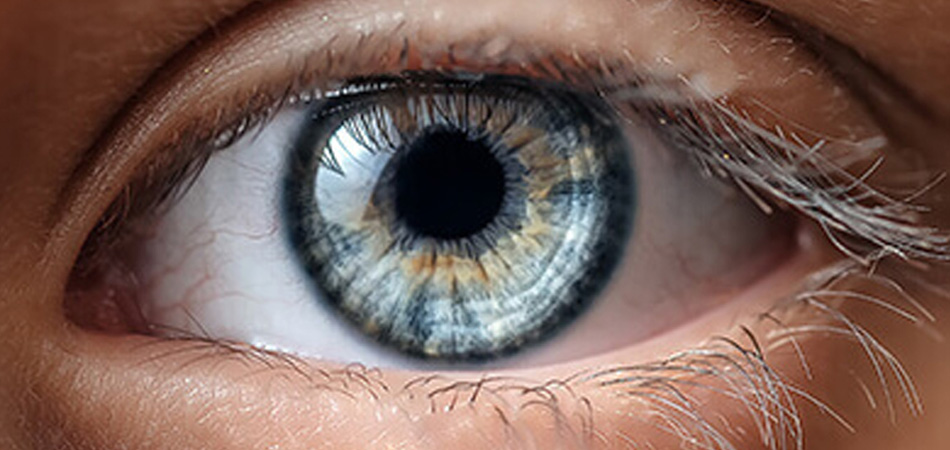


The cornea is the transparent, dome-shaped surface that covers the front of the eye. It plays a crucial role in focusing light onto the retina at the back of the eye, helping to produce clear vision. The cornea is made up of several layers of specialized cells and proteins.
Refractive function: The cornea, along with the lens inside the eye, refracts (bends) light rays to focus them precisely on the retina, allowing for clear vision at various distances.
Protection: The cornea acts as a barrier, protecting the delicate structures inside the eye from foreign particles, dust, and other environmental hazards.
Maintaining structural integrity: The cornea contributes to the overall structural integrity of the eye, helping to maintain its shape and provide support for the internal structures.
Contributing to visual clarity: A healthy, smooth corneal surface is essential for clear vision. Any irregularities or damage to the cornea can cause visual distortions or blurriness.
Corneal abrasions: Scratches or injuries to the corneal surface, which can cause pain, redness, and blurred vision.
Keratitis: Inflammation of the cornea, often caused by infections (such as bacterial, viral, or fungal), contact lens wear, or exposure to irritants.
Corneal dystrophies: Inherited disorders that cause abnormal deposits or changes in the corneal structure, leading to vision problems.
Corneal ulcers: Open sores on the cornea, often caused by infections or injuries, which can lead to severe pain, redness, and potential vision loss if not treated promptly.
Keratoconus: A progressive condition characterized by thinning and bulging of the cornea, leading to irregular astigmatism and visual distortion.
Medications: Antibiotics, antiviral drugs, or anti-inflammatory medications may be prescribed to treat infections or reduce inflammation.
Contact lenses: Specialized contact lenses, such as rigid gas permeable lenses or scleral lenses, may be used to improve vision in conditions like keratoconus or irregular astigmatism.
Corneal transplantation: In severe cases of corneal damage or disease, a corneal transplant (keratoplasty) may be necessary to replace the damaged corneal tissue with healthy donor tissue.
Regular eye exams are important for maintaining corneal health and overall eye health. If you experience any symptoms such as eye pain, redness, blurred vision, or changes in vision, it's essential to seek prompt evaluation by an eye care professional.